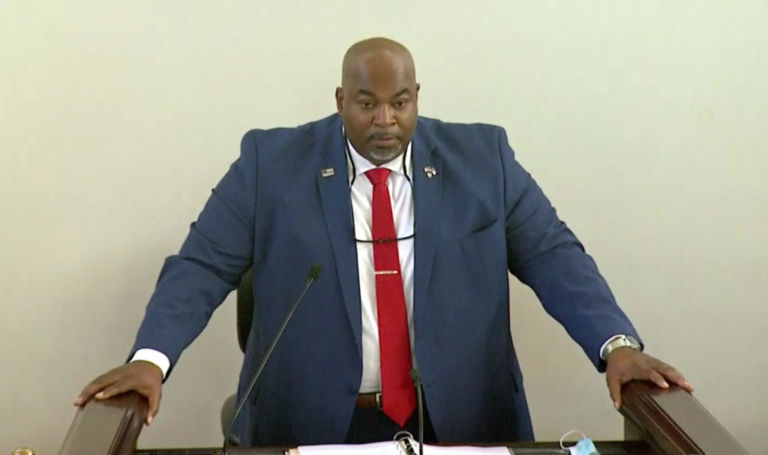On Sept. 7, the North Carolina State Board of Education approved a new policy entitled “Funding and Accountability for Charter Schools” in an effort to exert more authority over charter school funding.
The State Board’s action comes in response to the General Assembly’s move to override Gov. Roy Cooper’s veto of House Bill 618, which created a Charter School Review Board and vested it with the power to review and approve charter school applications. Under the new law, the State Board remains an appellate body to which the Review Board’s decisions can be appealed. Previously, the State Board had the final say on authorizing charter schools after review and recommendations from a defunct Charter School Advisory Board.
The State Board justified passing the policy on the grounds that it must fulfill its obligations under the constitution and laws of North Carolina to “allocate funding to charter schools” and to “ensure accountability from charter schools for school finances and student performance.”
Under the new policy, the Review Board must present any charter school applications or renewals it approves “to the State Board for allocation of funding before State or federal funds are disbursed for th[ese] purpose[s].” The policy also requires the Review Board to “present to the State Board any approved material changes to a charter that may result in a change in funding to a charter school” before any state or federal funds can be distributed. In effect, these requirements complicate the approval process and force charter schools to go through a duplicative layer of review.
The State Board’s new policy on charter school funding was made publicly available for the first time on Sept. 6, and it received fast-tracked approval from the State Board on the following day. Eight board members voted for the policy, while only three members — board member Olivia Oxendine, State Treasurer Dale Folwell, and Lt. Gov. Mark Robinson — opposed it.
North Carolina Superintendent of Public Instruction Catherine Truitt objected to how quickly the policy came to the State Board for review and action. She added that there was no need to push the policy through so quickly because even if the Review Board, which meets for the first time on Sept. 11 and 12, were to approve any charter school applications, funding for those schools couldn’t be disbursed until the school has a certificate of occupancy, which will take time.
The most recent data indicate that more than 77,000 students throughout North Carolina have their names on charter school waitlists. These students deserve school choice options and should be able to select the school that best meets their needs. The Charter School Review Board discussed two charter school applications when it met yesterday and is scheduled to discuss three more applications today. Whether the Review Board’s efforts to provide more school choice options for students will be hampered by the State Board’s new policy remains an open question.


